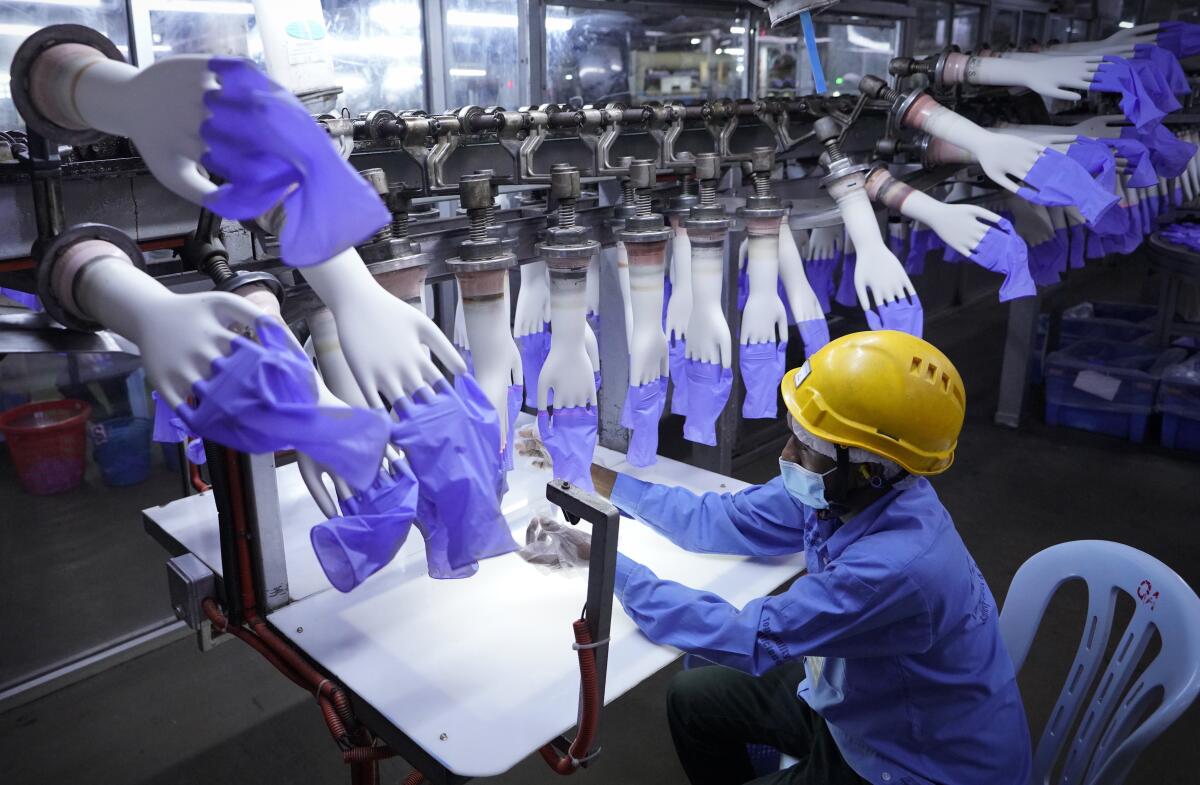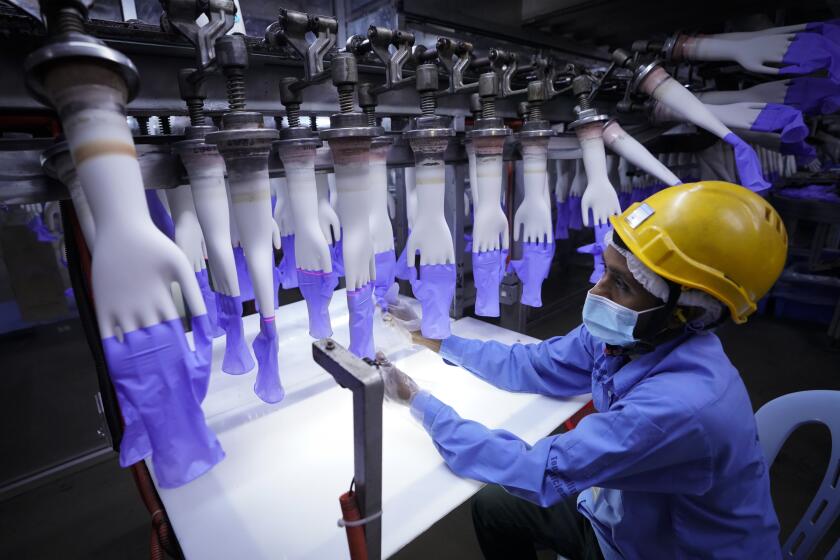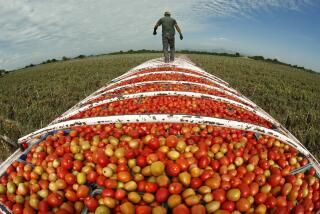World’s biggest maker of rubber gloves hopes to end U.S. ban on its products

KUALA LUMPUR, Malaysia — Malaysia’s Top Glove, the world’s largest maker of rubber gloves, said Wednesday that it hopes swiftly to end a U.S. ban on its products after one of its shipments was seized at a U.S. port amid allegations of forced labor.
U.S. Customs and Border Protection said Tuesday that it had seized a shipment of 3.97 million nitrile disposable gloves from Top Glove worth an estimated $518,000 at Cleveland port, Ohio.
This followed the U.S. government’s March 29 ban of Top Glove products based on multiple indications of forced labor, such as debt bondage, excessive overtime, abusive working and living conditions and retention of workers’ identity documents.
Top Glove said Wednesday that it had resolved the alleged 11 forced-labor indicators. It said the international consultancy Impactt had verified that in an April 22 report. U.S. Customs and Border Protection was reviewing its submission based on that report, it said.
U.S. trade bans are spurring labor reforms in Malaysia, which produces two-thirds of the world’s disposable gloves.
“Top Glove wishes to inform that the company continues to work closely with the U.S. CBP towards the expeditious resolution and revocation or modification” of the ban, it said.
In announcing the seizure of the gloves shipment Tuesday, Diann Rodriguez, Cleveland area port director, said it “sends a strong message that CBP will not tolerate imports made by forced labor, which is a form of modern slavery that hurts vulnerable workers and threatens our economy.”
Top Glove says it produces about 90 billion rubber gloves a year, about one-quarter of the world’s supply, and exports to 195 countries. Its profits have soared as demand skyrocketed for its products during the COVID-19 pandemic.
More to Read
Sign up for Essential California
The most important California stories and recommendations in your inbox every morning.
You may occasionally receive promotional content from the Los Angeles Times.











